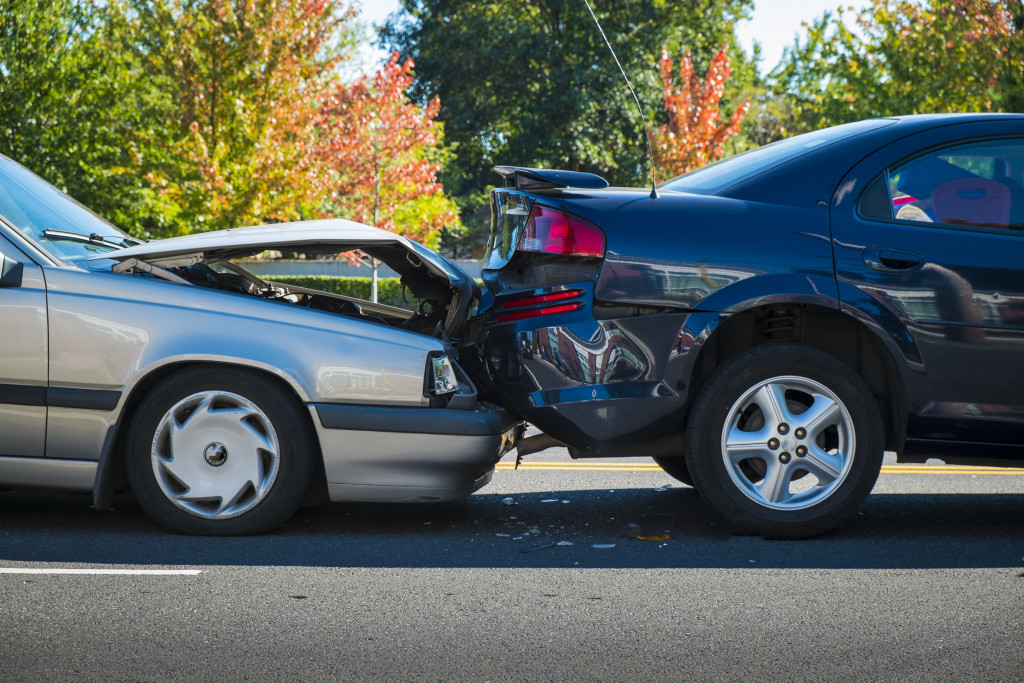When a person dies, their estate must be sorted out and distributed among the heirs. This process can be complicated. An administrator of the estate, executor of the will, or trustee would have been appointed by the deceased beforehand. If not, the court appoints someone.
The administrator of an estate is the person who is in charge of distributing the deceased’s assets. The executor of a will is the person who carries out the wishes of the deceased as specified in their will. A trustee is a person who manages property held in trust for someone else.
The duties of these roles are many and varied, so it is important to know what is required of you before taking on the responsibility. If you accept the role, it is best to hire the services of an estate or trust administration lawyer who can advise you. That is because failing to complete any of your duties could lead to legal action being taken against you. Legal fees for the attorney can be charged to the estate.
What Are the Duties of a Will Executor?
If the deceased has a will, the duties of an executor are as follows.
1. Prove the validity of the will.
The first step is to contact the probate court in the county where the deceased lived. The court will then determine if the will is valid.
2. Obtain a grant of probate.
Once the court has determined that the will is valid, you will need to obtain a grant of probate. This is a legal document that gives you the authority to act on behalf of the estate.
3. Notify beneficiaries and creditors of the death.
The next step is to notify all the beneficiaries named in the will as well as any creditors of the death. This can be done by sending a certified letter.
4. Inventory the estate.
All the assets of the deceased must be accounted for and valued. This includes property, money, investments, and possessions.
5. Pay debts and taxes.
The executor pays any outstanding debts left by the deceased, including funeral expenses, credit card bills, and mortgages. They must also file any final tax returns and pay any taxes due.
6. Distribute remaining assets.
After debts and taxes have been paid, the executor distributes the estate’s remaining assets according to the wishes of the deceased as specified in their will.
To complete these duties, the executor will need to gather a lot of information. They will need to obtain a copy of the death certificate and open a bank account in the name of the estate. They will also need to keep track of all money coming in and going out of the estate and keep accurate records.
What Are the Duties of an Estate Administrator?
If the deceased did not have a will, the duties of an estate administrator are as follows.
1. Obtain a letter of administration.
The first step is to contact the probate court in the county where the deceased lived. The court will then issue a letter of administration. This is a legal document that gives you the authority to act on behalf of the estate.
2. Notify beneficiaries and creditors of the death, inventory the estate, and pay debts and taxes.
The estate administrator will accomplish these steps the same way that a will executor would have.
3. Distribute remaining assets.
Since there is no will, the remaining assets of the deceased will be distributed according to the laws of intestate succession. This means that the assets will be distributed among the closest relatives of the deceased.
The duties of an estate administrator are very similar to those of a will executor. The main difference is that in the case of an estate administrator, the distribution of assets is governed by law rather than by the wishes of the deceased.

What Are the Duties of a Trustee?
A trustee is a person who manages property held in trust for someone else. The duties of a trustee are as follows.
1. Manage trust property.
The trustee is responsible for managing the trust property. This includes investing money, paying bills, and keeping accurate records.
2. Make distributions.
The trustee is responsible for making distributions from the trust according to the terms of the trust agreement. This may include making regular payments to the beneficiaries or distributing the assets of the trust upon the death of the grantor.
3. Follow the terms of the trust agreement.
The trustee must follow all the terms of the trust agreement. This includes keeping the beneficiaries informed about the trust and providing them with accounting information.
4. Act in the best interests of the beneficiaries.
Trustees have a fiduciary duty to the beneficiaries of the trust. This means that they must act in good faith and with loyalty to the beneficiaries. They must always act and make decisions that are in the best interests of the beneficiaries, even if it is not in their own best interests. They must also avoid conflicts of interest.
Duties the Estate Administrator, Will Executor, and Trustee Have in Common
There are some general duties that are common to an administrator, executor, or trustee. These may include the following.
- Arranging for the funeral and burial of the deceased
- Notifying the Social Security Administration of the death
- Appearing in court on behalf of the estate
- Filing the required paperwork with the court
- Keeping track of all money coming in and going out of the estate
- Paying bills and expenses from the estate
- Keeping accurate records
Bearing Responsibility
The duties of an estate administrator, will executor, and trustee can be daunting. It is important to understand what these duties are so that you can ensure that everything is taken care of properly. Hopefully, this article has helped to clarify the duties of each role and has given you a better understanding of what is involved.







